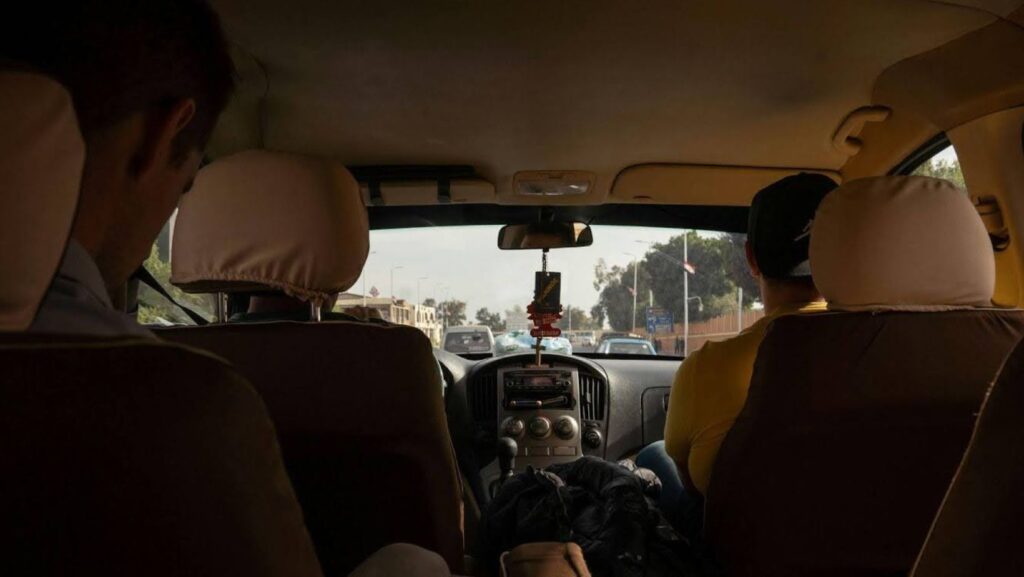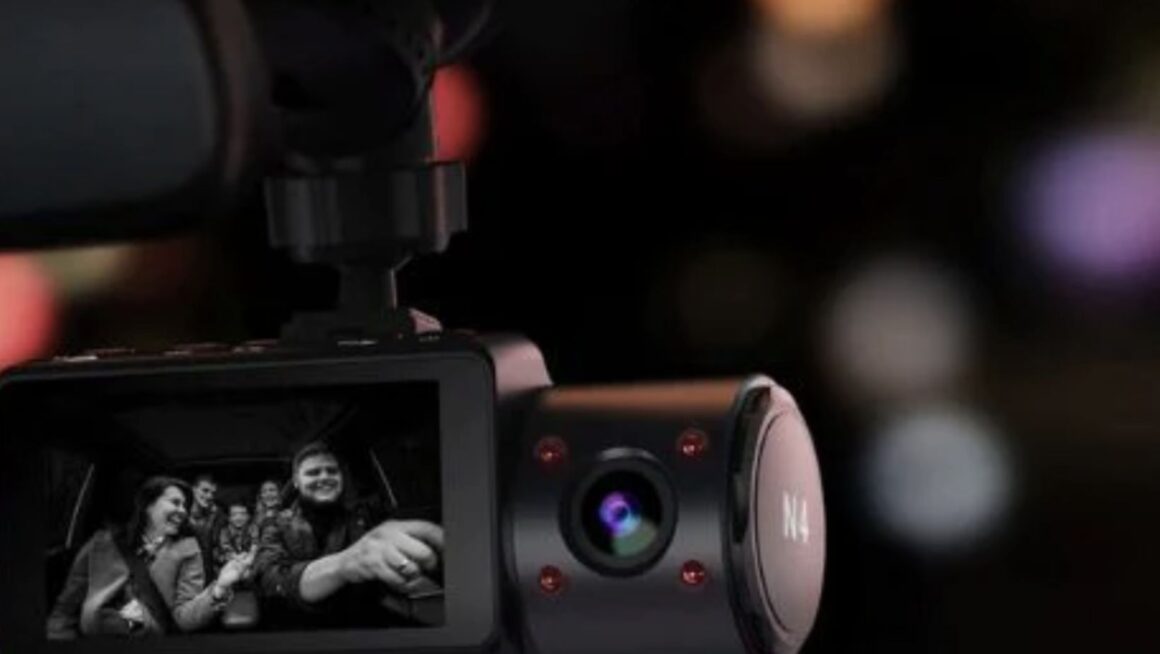
Family road trips are back in full swing, and busy highways make preparation non‑negotiable. A dash cam is one of those small decisions that pays off in big ways. For example, it settles uncertainty after minor collisions far from home, deters (and documents) hit‑and‑runs or parking‑lot scrapes at hotels and trailheads, and helps you manage long driving days when fatigue creeps in. In this practical guide, we’ll break down what matters most—without hype—and reference trusted makers like Vantrue as examples of how key features work across the category.
What to Look for in a Road‑Trip Dash Cam
When evaluating a dash cam, look for dependable power components, multi-camera coverage, clear footage in both day and night conditions, GPS logging, and credible parking protection. As a benchmark, Vantrue models showcase many of these traits: triple‑channel systems (front/rear/cabin), high‑sensitivity imaging with HDR for glare control, emergency “lock” buttons that preserve clips, GPS for time/speed/location context, and multiple 24/7 parking‑guard modes (impact/motion detection, low‑bitrate, or time‑lapse). Many units utilize heat-tolerant supercapacitors and support high-capacity microSD cards—practical advantages for summer dashboards and multi-day loops. Treat this list as a checklist, regardless of the brand you choose.
Dash Cam: What It Actually Does on a Family Road Trip
Continuous recording & incident locking.
Loop recording writes new video over old footage on a microSD card. When you press an emergency button—or the G‑sensor detects a jolt—the camera auto‑saves and locks the relevant clip so it can’t be overwritten.
Multi‑view coverage (front/rear/cabin)
Three channels protect you from the front, back, and inside the cabin. That coverage helps after rear‑end taps, sideswipes, or when you want a record of what passengers (or pets) were doing before a hard stop.
Quick feature snapshot
| Feature | What it means on the road |
| HDR & low‑light sensors | Balanced contrast in midday sun; clearer plates and signs at night. |
| GPS logging | Clips include time, speed, and location for reports and claims. |
| Supercapacitor power | Better heat/cold tolerance versus typical internal batteries. |
| 24/7 parking guard | Impact/motion triggers, low‑bitrate or time‑lapse options while parked. |
Busy travel seasons and long miles raise the odds of little incidents—door dings, bumper taps, unclear merges.

Objective video speeds up conversations with law enforcement, insurance providers, and property managers, allowing you to get back on the road.
Evidence & Accountability: When Things Go Wrong
Clear, objective video evidence
Footage turns “word vs. word” into a factual timeline of what happened and when. That helps determine fault and reduce disputes.
Time, location & speed context
With GPS enabled, your clips carry embedded time, speed, and location. That context supports reports and claim forms—and can protect careful drivers from inaccurate assumptions.
Auto‑save during impacts
Emergency‑lock features (via button or G‑sensor) preserve the seconds before and after an event, ensuring the most useful context is never overwritten.
Protection While The Car Is Parked on the Trip
Parking‑mode options
At hotels, restaurants, and trailheads, look for motion/impact detection, low-bitrate recording, or time-lapse capabilities. Choose the mode that fits your battery and storage budget.
Powering parking mode
For reliable 24/7 protection, pair the camera with a hard-wire kit connected to an always-on fuse and set a low-voltage cutoff to protect the vehicle’s battery.
Remote awareness
Some systems offer optional LTE connectivity for live view, incident alerts, and location tracking when the car is out of sight.
Managing Long Drives & Driver Fatigue
Driver assistance & alerts
Select models add helpful warnings, such as lane departure, forward-collision, or fatigue/distraction nudges. They’re not autopilot, but they can prompt a restorative break at the right time.
Capturing The Trip Itself (Memories & Clarity)
Daylight glare reduction
HDR preserves details, making them readable when driving between bright skies and shaded trees.
Low‑light performance
Modern sensors and (for interior views) IR illumination preserve clarity after dusk and in dim parking lots.
Wide fields of view
Wide-angle lenses cover more lanes and curb-to-curb activity, which is crucial for sideswipes, merges, and pedestrians stepping into the frame.
Convenience & Connectivity on the Road
App control & Wi‑Fi transfer
Preview, download, and share a clip from your phone—this is useful when a manager or officer needs to review what happened on the spot.
Cloud & hotspot options
If you want remote alerts or off-site backup while parked, look for models that support an LTE module or a car-Wi-Fi hotspot.
Storage Planning for Extended Trips
Card capacity & format
High‑capacity cards (e.g., 256GB–1TB) extend loop time for multi‑day drives. Match the camera’s requirements and use a Video Speed Class that keeps up with high‑bitrate 2K/4K recording.
Card maintenance
Loop recording is demanding. Format cards regularly according to the manual and use high-endurance media for hot dashboards and 24/7 duty cycles.
Installation & Power Considerations Before You Depart
Mounting choices: adhesive vs. suction
Adhesive and magnetic mounts are low‑profile and stable. Aim for a centered, unobstructed view; route the rear‑camera cable neatly to keep the cabin tidy.
Operating environment & components
A supercapacitor design tolerates temperature swings better than typical internal batteries—an advantage on sun‑soaked summer trips.
Cabling & hardwiring
Plan cable routing with A‑pillar airbags in mind. A fuse-tap hardwire kit with a low-voltage cutoff provides worry-free parking protection.
Privacy, Audio Laws & Compliance on the Road
Know the rules of the road.
Video recording in public is generally allowed in many places, but consent for audio recording and windshield mount rules vary. If you’re crossing state or national borders, check local guidance before you go and share footage responsibly.
When assembling a shortlist, consider how a reference brand implements the essentials: multi-channel coverage with strong nighttime performance, GPS context, supercapacitor power, and 24/7 parking guard modes. For a concrete example of how these features come together, explore Vantrue to review specs and see which configurations align with your trip needs.
Conclusion
A dash cam won’t drive the car for you—but it will capture what matters, protect your family’s time and budget when the unexpected happens, and help you relive the best parts of the journey. Use the checklists above to choose confidently, set up parking protection before you leave, and hit the road knowing that your trip has an always‑on witness.












